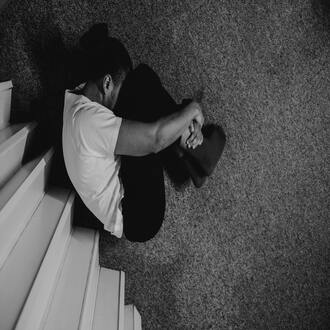Transcription The power to act despite feelings
The ability to act differently than how we feel
Although emotions drive us to act in a certain way, human beings have an extraordinary ability: we can choose to act differently than how we feel.
We can feel fear and still take a step forward. We can feel lazy and still get off the couch.
This is the basis of discipline and willpower.
The Role of Willpower and Discipline
Willpower is the muscle that allows us to close the gap between our feelings and our desired actions.
It is the ability to choose the behavior that brings us closer to our long-term goals, even if it is uncomfortable in the short term.
Discipline is the consistent practice that strengthens that muscle.
The Example of Skipping a Workout Due to Tiredness
When we feel tired and decide not to go to the gym, we are letting the feeling dictate the action.
The short-term result is the relief of not having to exert ourselves. But the long-term result can be frustration from not reaching our health goals.
The feeling of accomplishment that comes from acting despite emotion and how it creates a positive cycle. If, on the other hand, we decide to go to the gym despite being tired, something magical happens.
After the workout, we haven't just achieved our goal. We also experience a sense of accomplishment and pride in having overcome internal resistance.
This positive feeling (F) reinforces the idea that we are capable (T), which will make it easier to repeat the action next time (A). This creates a virtuous cycle.
Summary
Humans have the unique ability
the power to act despite feelings




